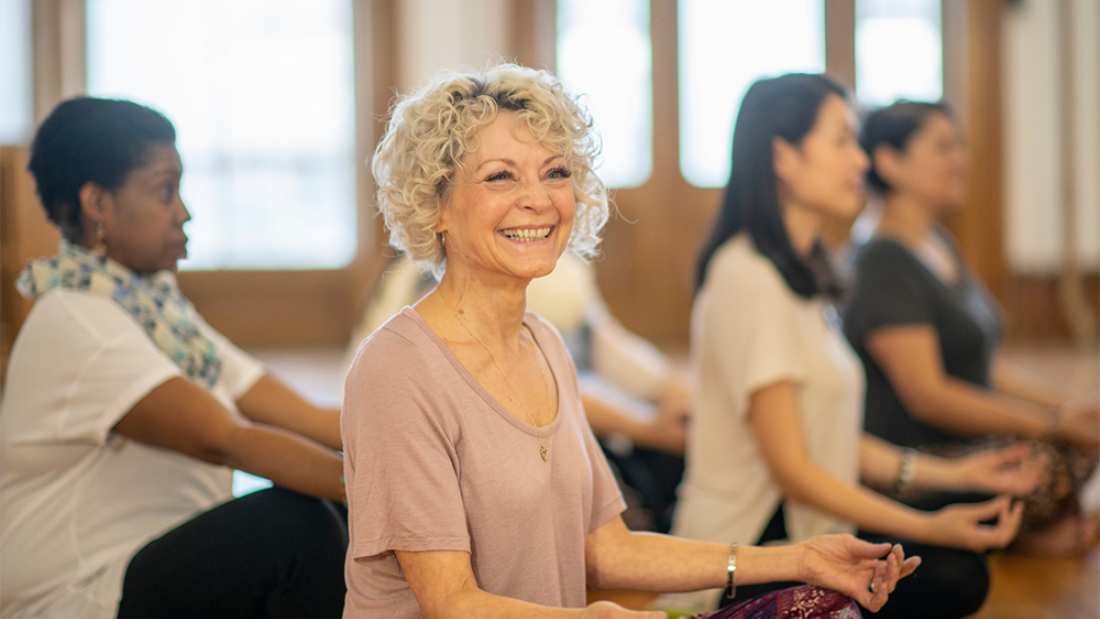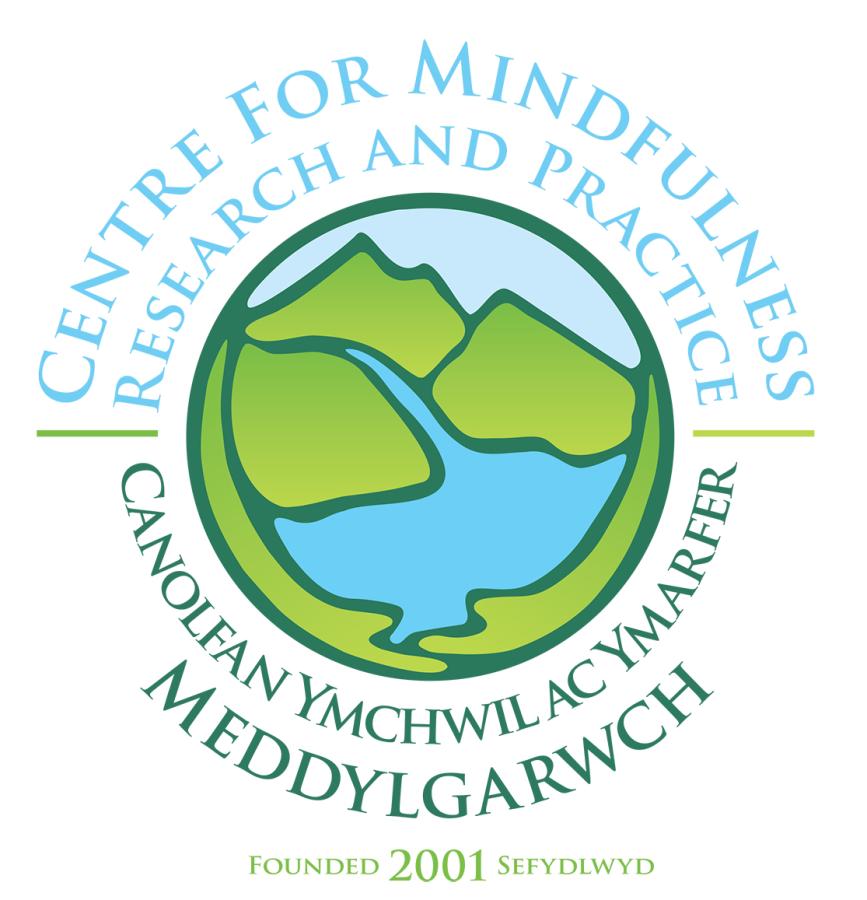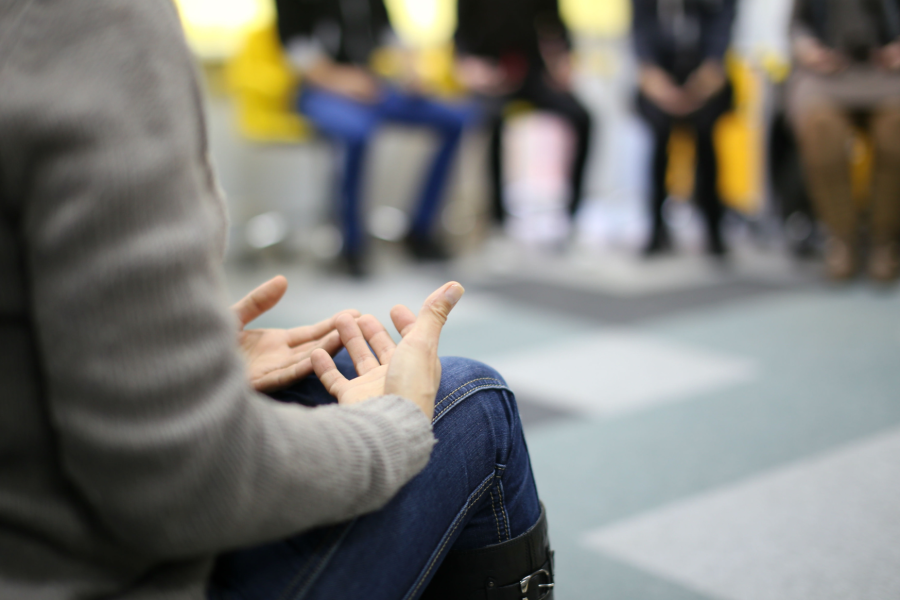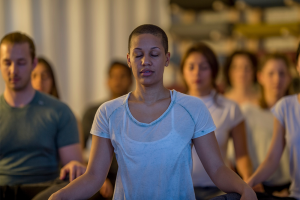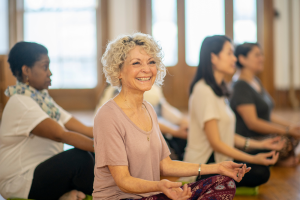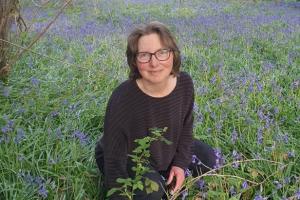What is Mindfulness?
Mindfulness is intentionally bringing our attention to the present moment, just as it is, without trying to change it or judge it. It's noticing thoughts, emotions, body sensations, and surroundings with curiosity and kindness. Rather than being caught up in worries about tomorrow or regrets about yesterday, mindfulness helps us stay connected to what’s happening right now.
This isn't about emptying the mind or achieving some special state. It's simply becoming more aware of direct experience and meeting it with openness, patience, and acceptance.
Mindfulness isn't a special talent that some people have and others don't. It's a natural capacity available to us all—one that we can strengthen through practice.
Through meditation, we gently train our attention to stay with the present moment. Over time, this practice strengthens our capacity for mindfulness, which we can bring into every aspect of our daily lives.
Centre for Mindfulness Research and Practice, Brigantia Building, Bangor, Gwynedd, LL57 2AS

